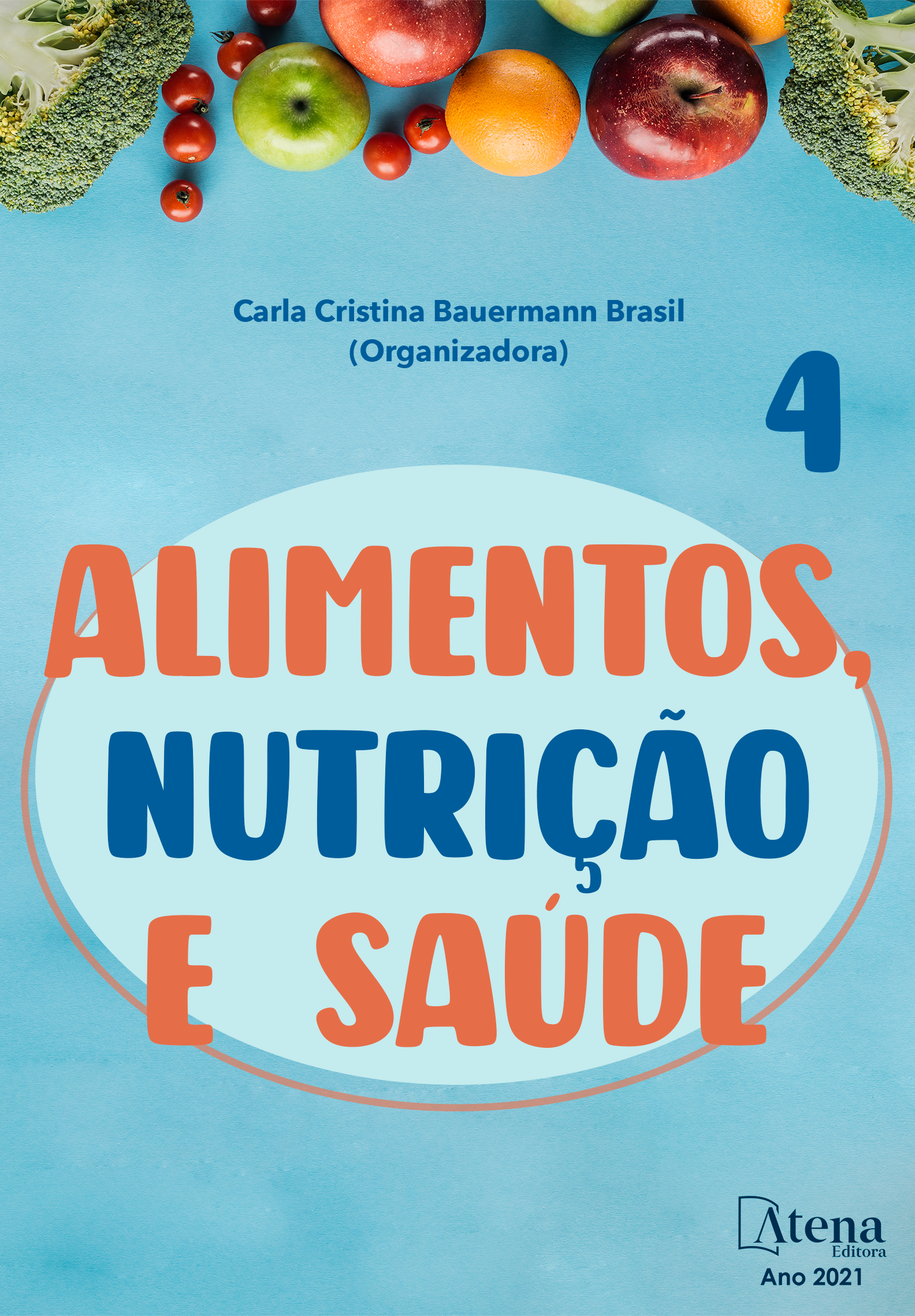
Teor proteico em alimentos Plant-Based: Estudo de caso sobre identidade comparada a produtos cárneos e lácteos de verdade
Alimentos “plant-based” vêm sendo anunciados como alternativas a produtos de origem animal. Pesquisando-se em supermercados do Rio de Janeiro, em dezembro de 2020, encontrou-se seis marcas “plant based” de
hambúrguer, carne moída, quibe, almôndega e ainda frango e bacalhau; e seis marcas de bebidas leitosas. Foram examinadas a identidade e qualidade desses novos alimentos, adotando-se metodologia qualitativa, de Estudo de Casos (YING, 2005). Quanto à identidade, observou-se: proteína texturizada de soja, glúten, ervilha e grão de bico. Nas bebidas, extrato de soja e proteína de ervilha. Se o bacalhau original contém 22,8% de proteínas, esse teor cai para 7,0% no “bacalhau vegetal”. Se uma marca de frango vegetal contém 7% de proteínas, uma outra contém 22,5%. No caso dos hambúrgueres, enquanto os cárneos variam entre 15 e 20%, os “hambúrgueres vegetais” variam entre 6,2 e 18,3%. A “carne moída vegetal” (10,3% de proteínas), assim como a almôndega (10,1%), o quibe (13,0%), a linguiça (7,1%), todos “plant based”, apresentam também largas variações em proteinas, entre si e em relação aos cárneos. E se o leite de vaca fornece cerca de 3,2% de proteínas, a bebida vegetal líder de mercado, anunciada como à base de extrato de soja, contém 3,2% apenas quando na modalidade “tradicional”, sem sabor de fruta, pois nesta última não passa de 0,6%, cinco vezes menos que no leite; bebidas de amêndoas fornecem não mais que 0,2% de proteínas. Conclui-se que essas alternativas ainda não podem ser consideradas substitutas nutricionais, mas apenas gastronômicas, dos produtos de origem animal. Para que os produtos “plant-based” possam se tornar uma alternativa nutricional, exige-se revisar as formulações, incrementando ingredientes proteicos. Atos regulatórios, por outro lado, são inadiáveis para dar suporte aos fabricantes, instituindo parâmetros que orientem e obriguem a equivalência do teor proteico nos produtos “plant-based”.
Teor proteico em alimentos Plant-Based: Estudo de caso sobre identidade comparada a produtos cárneos e lácteos de verdade
-
DOI: 10.22533/at.ed.0202123081
-
Palavras-chave: Plant-based, teor proteico, vegan, bebidas lácteas, simulacros cárneos
-
Keywords: Plant-based, protein content, vegan, dairy drinks, meat simulacrum
-
Abstract:
Plant-based foods have been advertised as alternatives to animal products. Researching three supermarket chains in the city of Rio de Janeiro, between August and December 2020, it was found six different brands acting in the vegetarian line for "meat", including hamburger, ground beef, kibbeh, meatballs, and even codfish and chicken; and six brands of milky beverages. The identity and quality of these foods were examined, comparing their protein contents to the food products they seek to mimic, adopting a qualitative Case Study methodology (YING, 2005). As regards identity, the results show a wide variety of protein sources in the different meat substitutes, including textured soy protein, pea and chickpea flour, and gluten. To these are added powdered beetroot, raw carrots, green corn, tomatoes, peppers, wheat (and breadcrumbs) flour, starch, malt, vegetable fat, various seasonings, stabilizers, thickeners, antioxidants, red beetroot coloring, and flavorings, as well as nutrients such as iron and vitamins C and B12. The ingredients found in the vegetable dairy drinks were soy extract, pea protein, chicory fiber, cabbage, sugar, sucralose sweetener, minerals (calcium and zinc), coconut and sunflower oil, vitamins (E, B6, A, folic acid, D2, and B12), along with various additives. The data collected was organized on excel spreadsheet, with the products in the rows and the nutritional contents in the columns. Many variations were observed not only between the original products (meat) and the alternative products (vegetables) but also between the different brands of vegetable products. If the codfish contains 22.8% protein, this content drops to 7.0g in the "vegetable cod". If one brand of vegetable chicken contains 7% protein, another contains 22.5%. In the case of hamburgers, it is no different, since while meat varies between 15 and 20% from one brand to another, "vegan hamburger" varies between 6.2 and 18.3%%. The "vegan ground meat" (10.3%), as well as the meatball (10.1%), the kibbeh (13.0%), the sausage (7.1%), all "plant-based", also show wide variations among themselves and in relation to the protein content of the meat. While cow's milk provides around 3.2% protein, the leading vegetable drink, advertised as being based on soya extract, only contains 3.2% in the "traditional" version, without fruit flavor, as the other, more widely sold, contains only 0.6%, or five times less than milk. And almond drinks provide no more than 0.2% protein. The conclusion is that these current vegetarian alternatives cannot yet be considered substitutes for animal products, if examined in nutritional terms, and are limited to gastronomic alternatives. For "plant-based" products to become a real nutritional alternative, it is necessary to review formulations, focusing on the increase of proteinic ingredients. Regulatory acts, on the other hand, are unavoidable to provide support to manufacturers, establishing parameters to guide and enforce the equivalence of protein content in these products.
-
Número de páginas: 10
- Yanni Sales Caruso
- Luiz Eduardo Rodrigues de Carvalho


